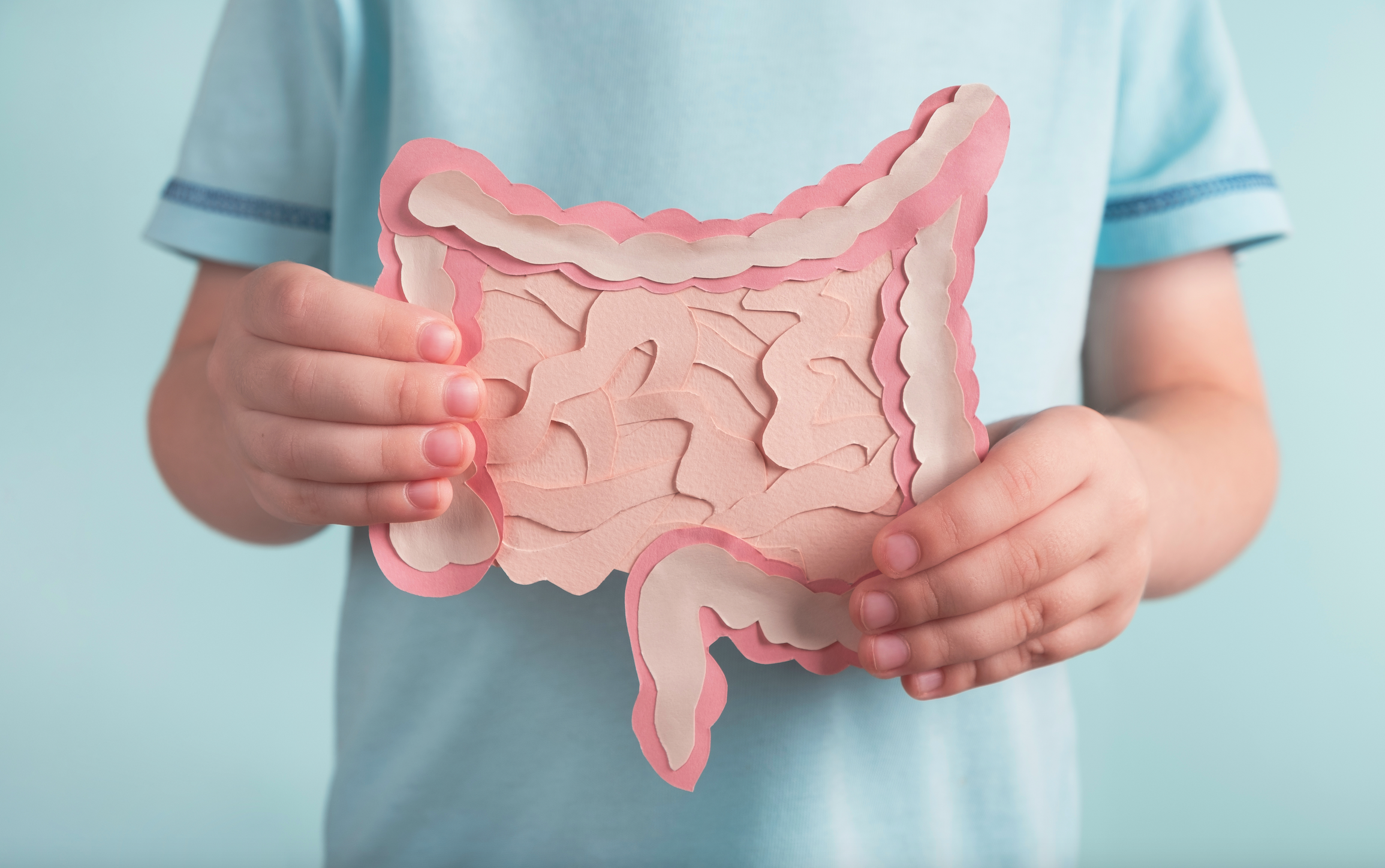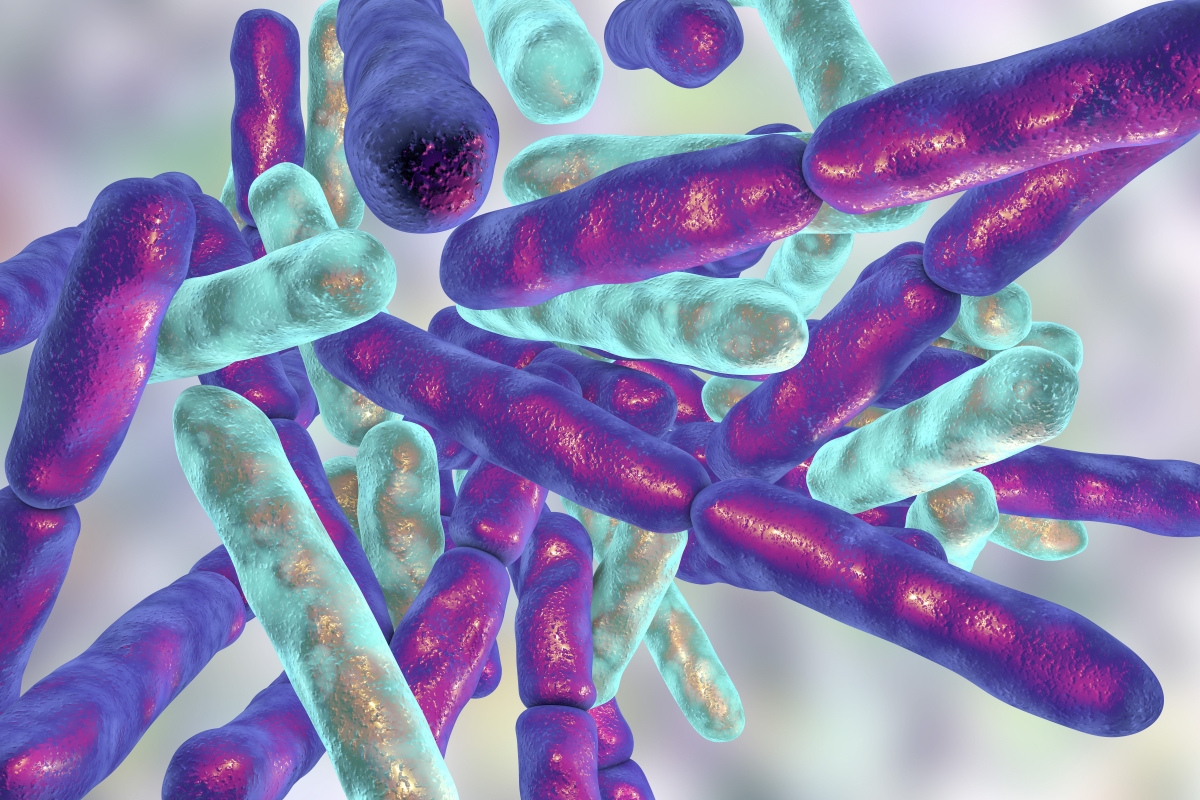Exercise mitigates the effects of a cafeteria diet on antidepressant-like behavior associated with plasma and microbial metabolites in adult male rats
This research investigates the relationship between a cafeteria diet, characterized by high saturated fat and sugar content, and its effects on mood and cognitive behaviors in young adult male rats. The study highlights the association of such a diet with increased anxiety-like and depressive-like behaviors, along with memory impairments. In contrast, voluntary exercise was found to exert antidepressant-like effects and enhance cognitive function, suggesting a potential protective mechanism against the adverse effects of a poor diet. The study further examines the underlying mechanisms, focusing on alterations in adult hippocampal neurogenesis (AHN), gut-derived metabolites, and plasma metabolic hormones. Findings indicate that voluntary exercise mitigated the cafeteria diet-induced increase in immobility observed in the forced swim test, demonstrating an antidepressant-like effect. This effect was correlated with a reduction in changes to plasma insulin and leptin levels, along with specific caecal metabolites such as anserine, indole-3-carboxylate, and deoxyinosine. Moreover, exercise modestly improved spatial learning as assessed by the Morris water maze, promoted AHN, and increased circulating levels of GLP-1. However, these benefits were diminished in rats exposed to the cafeteria diet, indicating that dietary composition significantly influences the efficacy of exercise on mood and cognition. Correlation analyses further revealed that certain caecal metabolites were linked to depression- and cognition-related behaviors, independent of dietary and exercise conditions, thereby underscoring the potential role of gut-derived metabolites in mediating cognitive and emotional outcomes. In conclusion, this study provides valuable insights into the metabolite- and hormone-mediated mechanisms that govern the interactions between dietary habits and physical activity on brain function and behavior. [NPID: Depressive, anxiety, diet, gut-derived metabolites, hippocampal neurogenesis, mechanisms, cognition, emotions, western diet, cafeteria diet]
Year: 2025
 Navigation
Navigation









